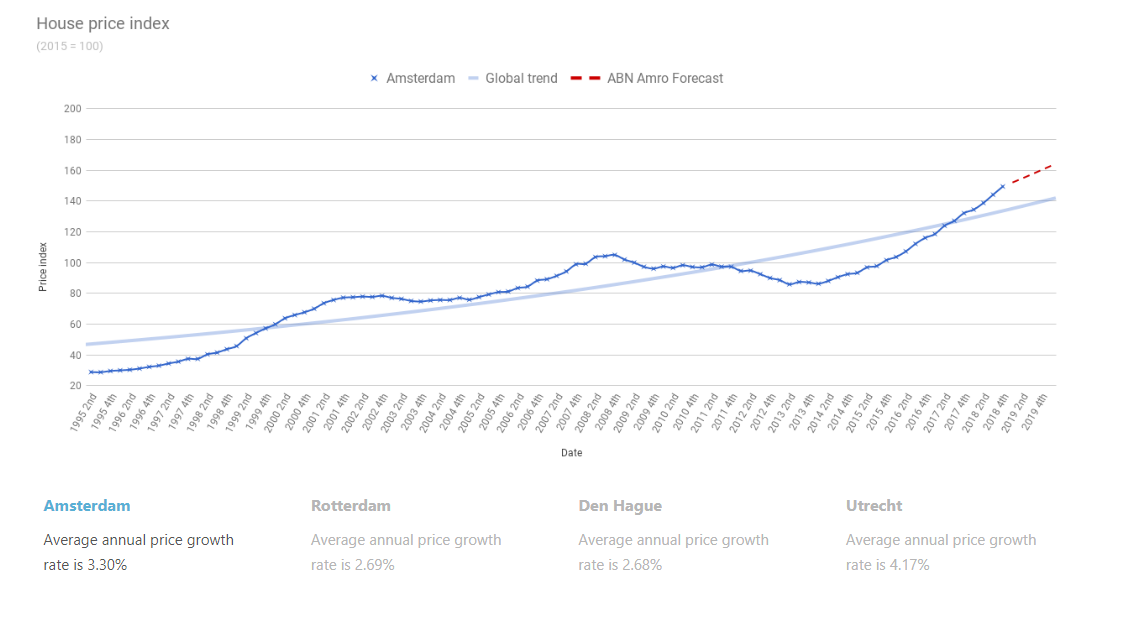Chinese investments in Europe have surged in recent years, and have become a critical feature of Europe-China relations. Foreign direct investment (FDI) in the European Union traced back to mainland China hit a record EUR 35 billion in 2016, compared with only EUR 1.6 billion in 2010, according to data gathered by the Rhodium Group. In a historic shift, the flow of Chinese direct investment into Europe has surpassed the declining flows of annual European direct investments into China. As China continues to grow, develop, and integrate into the global economy, its overseas investments expand in quantity and quality, reflecting both the growing sophistication of the Chinese economy and broader Chinese commercial and policy goals.
Why Invest in Europe
The acquisition of technology is often regarded as the most important reason for Chinese companies’ interest in the Netherlands. The high-tech companies came to the Netherlands as greenfield investments rather than mergers or acquisitions and are mainly doing sales for the European market, keeping research and manufacturing functions either in China or in other parts of the world. A combination of considerations has taken Chinese companies to the Netherlands. Some of these more generally compel them to leave China, others attract them more specifically to the Netherlands. We will discuss the most important ones in more detail below.
1. Commercial considerations
Commercial, political as well as personal considerations all play a role in the choice of going global. Commercial considerations are reported as the main objective. Many companies in mainland China can no longer get high profit by investing in China. This is especially true for listed companies, which tend to allocate their capitals globally for risk-reduction. On the other hand, some manufacturing companies need to find channels for digesting the overstock (e.g. stills), which was triggered by the four trillion economy-stimulus-policy starting from 2008. Additionally, for some companies that are doing global business from China, having an office placed in another continent allows them to work around the clock and optimize services to their global clients.2. The call of the state
The call of “going out” by the Chinese government has been answered. The Chinese government tries to exercise different levels of control over outward investment. The Chinese government has also been learning more subtle ways of control from market economies in other countries. It uses monetary and fiscal policies to direct the development of Chinese companies by offering incentives to the development of certain business sectors. It stimulates outbound investment and trade by providing low-interest loans and tax refunds. In addition, research funds are allocated that Chinese firms can apply for together with foreign institutions. Chinese companies across the spectrum of ownership types are clever enough to make instrumental use of them for their own benefit.3. Personal considerations
Some managers and a business consultant who invested in the Netherlands because they wanted a good education for their children, or they just wanted to retire somewhere green and peaceful. Environmental pollution and education are the two biggest concerns of Chinese elite investors at the personal level. As for dispatching expat managers for instance, companies tend to have difficulties finding suitable staff to be sent to Africa, which has a rather backward image in the Chinese collective imagination, whereas Europe is perceived as a glorious place of high culture and great civilizations and a pleasant place to go.











